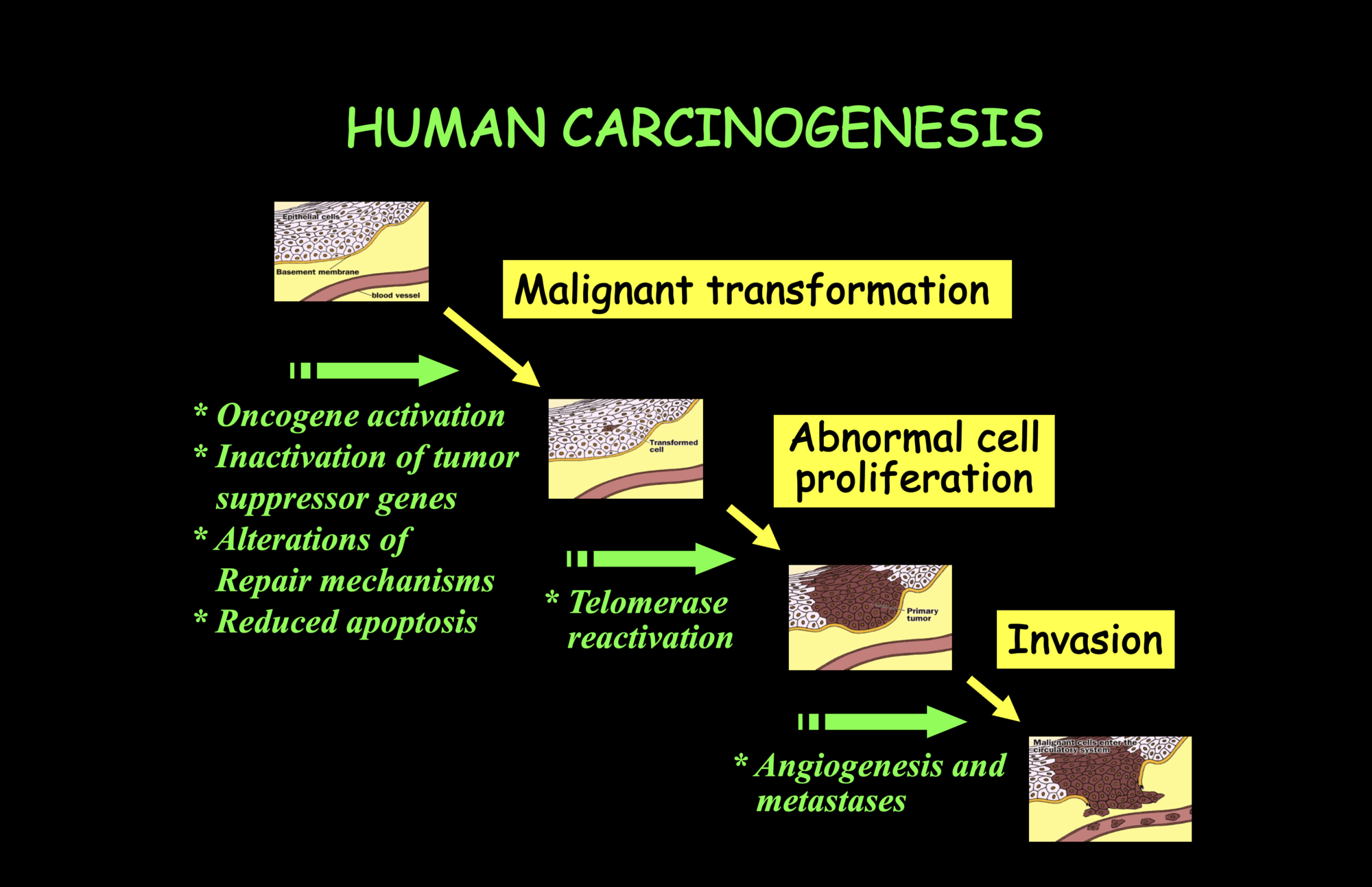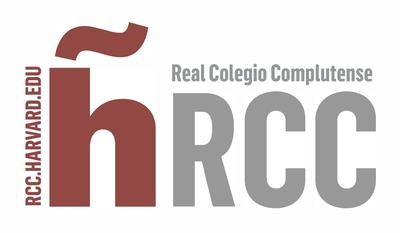Date:
Location:
Human pluripotent cells proliferate during the embryonic development with a very high mitotic rate. Owing to a very active telomerase enzymatic activity those cells maintain intact their telomere length within the telomeric extreme of the lineal eukariotic chromosomes. Thus, human cells sustain a mitotic rate of proliferation, such as the immortalized cells, allowing the human embryos to reach the programmed somatic growth at term. However, the telomerase expression and its activity decline allowing adult cells to undergo the cellular arrest. At that stage, the differentiation process takes place, allowing all the tissues and organs to express genes that confer them their specialized physiological function. In parallel, damaged cells arisen along the developmental process are eliminated by apoptosis. Finally differentiated cells die completing the cycle of life. However, human body inheritates or somatically acquired critical genes altered by mutations that were named as 'oncogenes', genes that directly or indirectly control the cell cycle. Our course will be devoted to describing those oncogenes and their alterations playing a positive ('protooncogens') or negative ('suppressor genes') role in the cell cycle and their progressive intervention into the human carcinogenic process: From the eruption of the primary tumor to dissemination of cancer cells into the tumoral metastasis. As paradigm, we will describe in detail the human carcinogenesis in colorectal cancer, the most prevalent tumor in humans, with special focus on the transition from the adenoma (bening tumor cells) to the carcinoma (malignant tumor cells) and the importance of the genetic signature on the design of personalized cytostatic therapeutic tools against primary tumors and metastasis.
Series II, program:
Section 5: The Cycle of Life: The Splendor and the Sunset (October 23rd), and Section 6: The Cancer response to the Immortality/Mortality Dilema (October, 30th)

You can follow the seminar here
Speaker and Coordinator: Prof. Manuel R. Benito de las Heras (Emeritus Professor, Complutense University of Madrid, Visiting Professor of Medicine, Harvard Medical School)
Sponsor: RCCHU; Complutense University of Madrid, Harvard Medical School, Harvard University
